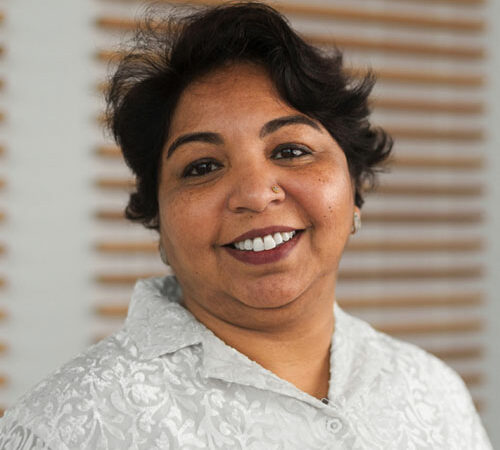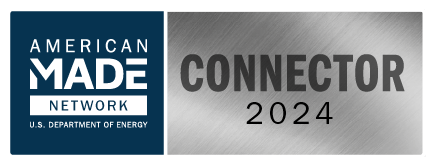NSF I-Corps
Program Overview
If you’re an academic researcher, a tech inventor, or a startup founder– the U.S. National Science Foundation (NSF) Innovation Corps (I-Corps) is for you.
The program empowers startup founders to transform their novel products into real-world impacts through experiential learning in technology commercialization. The NSF I-Corps courses help participants gain insights into industry needs and challenges, as well as accelerate the translation of research discoveries to products and services that benefit society.
As part of the Interior Northeast I-Corps Hub, the Binghamton University partner program offers multiple Regional I-Corps Customer Discovery Courses each year.
Benefits of Participation:
Participants in the NSF I-Corps program will:
- Explore pathways to transition their innovations to real-world applications.
- Learn valuable customer discovery skills and connect with key industry stakeholders.
- Eligibility to apply for up to $3000 in micro-grant funding for customer and industry outreach, conference travel, and prototyping.
- Gain a better understanding of technology commercialization.
- Explore essential considerations for launching a successful tech startup.
- Participate in innovation and entrepreneurship career development.
- Upon completion you may qualify for the national-level I-Corps Teams Program ($50,000 grant)
Program Structure:
The four week Regional I-Corps Courses include:
- Online curriculum modules and assignments in Canvas LMS;
- 1-2 weekly online lecture sessions with instructors experienced in technology commercialization and startup entrepreneurship;
- 2 office hours sections with instructors;
- Experiential learning customer discovery interview assignments.
300 teams Trained
$40 million in follow-on funding
50 startups supported
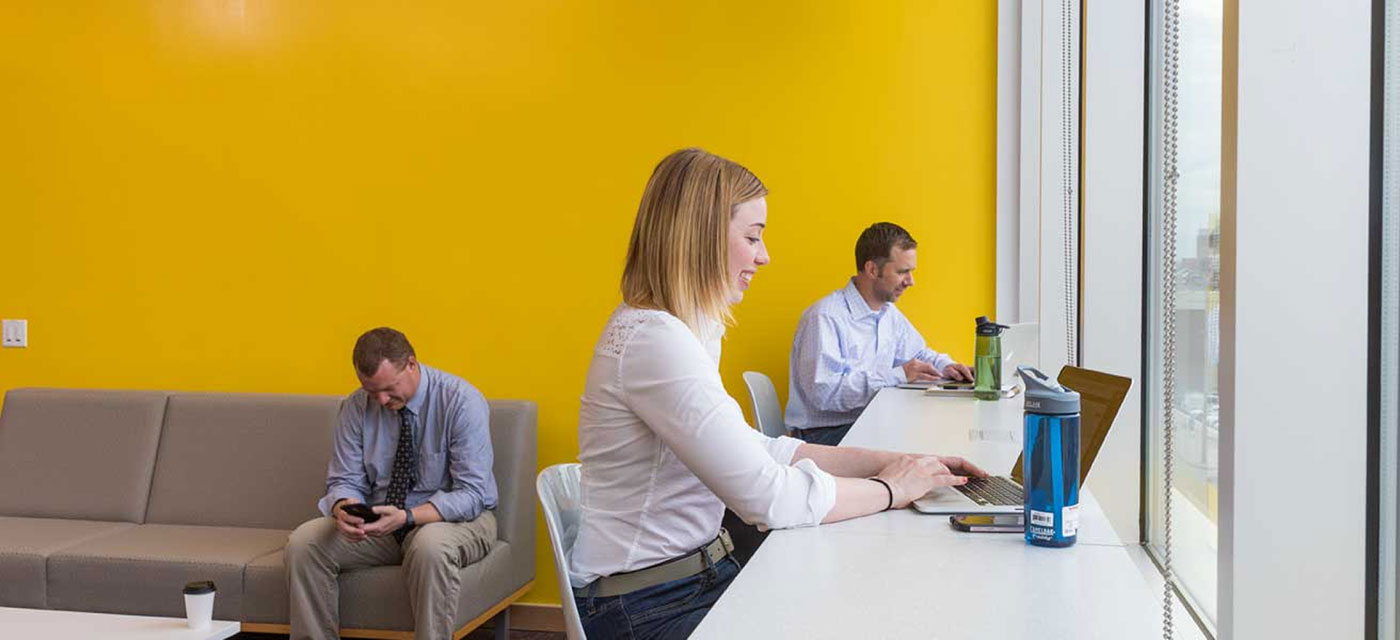
Who Should Apply?
I-Corps is designed for academic researchers and early-stage startup founders who are looking to explore the market potential of their work and acquiring entrepreneurial skills. To qualify, the applicant team should:
- Have 1-3 members (faculty, staff, students, postdocs), who can commit to participating in all class sessions
- Have a tech innovation or startup beyond the ideation stage with some
- Be interested in learning about tech commercialization and entrepreneurship
- While startups and community teams will be accepted, preference will be given to academic teams
Program Team
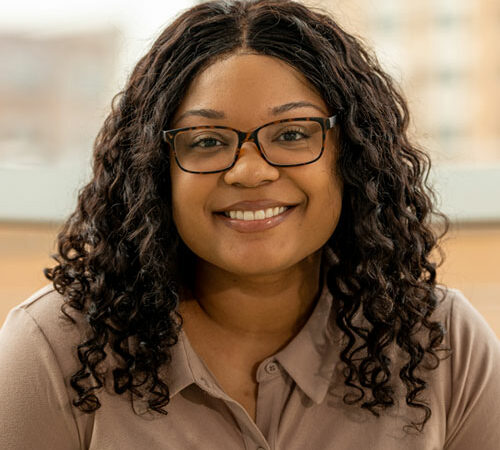
Epiphany Munoz
Program Coordinator
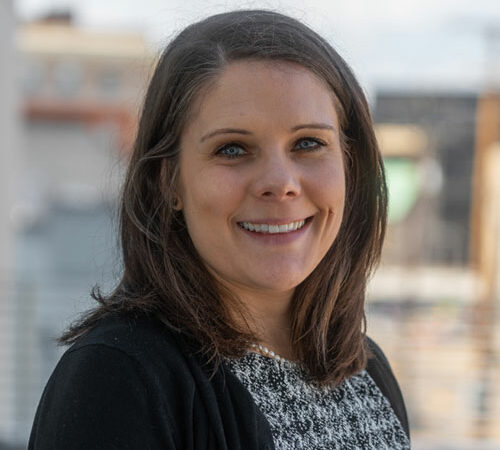
Kathryn Cherny
Instructor

Matthew Quimby
Instructor
